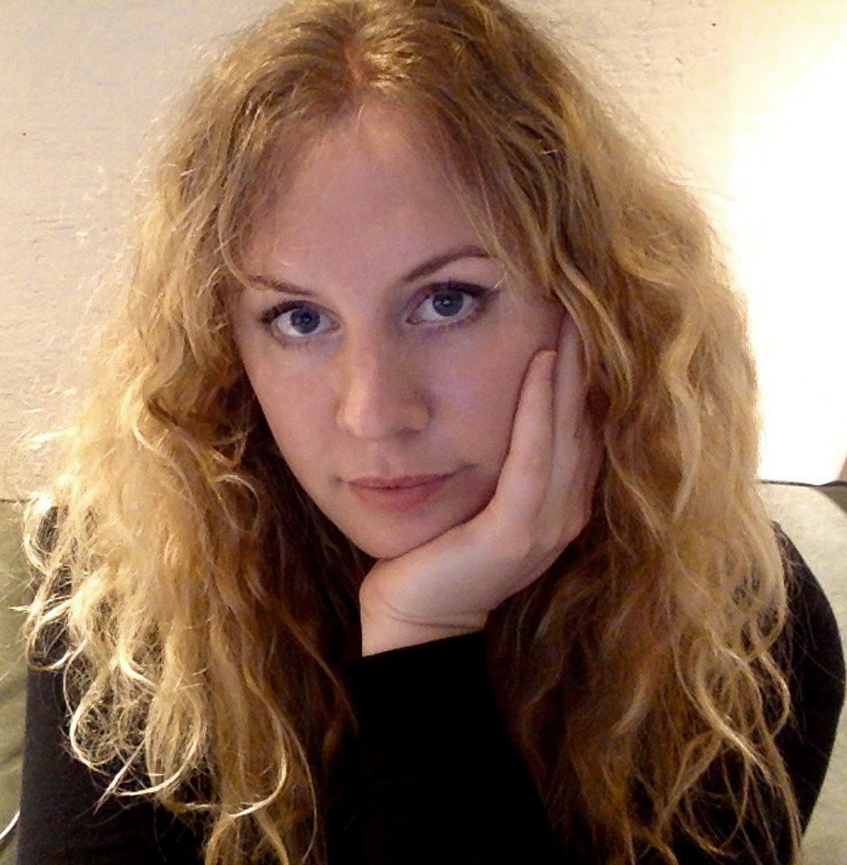”A new way of doing Theology”: Christianity, Secularization and Modernity in the Thought of Ivan Illich
Postdoctoral Research Project by Anna Sjöberg

Postdoctoral Research Project by Anna Sjöberg
The aim of this 3 year postdoc project is to study the Austrian 20th century philosopher, social critic and Catholic priest Ivan Illich’s thinking pertaining to theological questions, specifically with regard to his idea of modernity as a secularized form of Christianity. It will examine the possible relations between Illich’s early writings on the Church, his critique of the institutions of modern society and his late interviews in which he developed his ideas on modernity as an extension of church history. The project furthermore aims to evaluate Illich’s thinking on theology and modernity by investigating its relation to other prominent literature in the field of political philosophy and theology. The project will be the first in-depth scientific study attempting to summarize and evaluate Ivan Illich’s understanding of theology, secularization and modernity, and contribute to the interdisciplinary research on Christian theology, secularization and modernity.
Project description (short)
In the 1970s, Ivan Illich (1926–2002) was a noted and quite often controversial public intellectual. Illich, whose maternal language was German, spoke several languages fluently and chose to write his books in English. His books, however, were influential on a global scale, and widely commented upon in both scientific and journalistic contexts. Even today, a considerable number of articles devoted to Illich revolve around the very topics that made him famous: the proposal to ”deschool” society and the highly critical examination of the role of medicine in today’s Western world. In short, most of the research conducted on Illich thus far has been on his famous and influential works as a culture critic, written in the 1970s. These aspects of Illich’s oeuvre do not lack interest for my project, as they are centered around a critique of modernity, but will nevertheless play a peripheral role when compared to those texts addressing theological topics. Here there is, however, a conspicuous lack of scientific literature, and Illich’s understanding of the relation between modernity and Christianity has yet not been examined at all in a scientific context. In fact, even contemporary texts focusing on Illich’s interpretation on modernity typically fail to examine it in relation to the concept of secularization.
Why is this? On a primary level, Illich’s relationship to theology was highly complex, as was his relation to the church. Because of his severe critique of the church’s role in what he designated as a ”war on subsistence” in Latin America, where he was living at the time, Illich was in the late 1960s called to Rome for questioning and eventually decided to renounce his priesthood. ”What I freely accepted from the church”, he wrote, ”I will freely renounce forever”. After this decisive caesura, Illich does not seem to have regarded himself as a theologian (”I am no theologian”, he said, and ”no one can tell me that I am”). Significantly, with a few but notable exceptions his published books did not contain references to theological or religious themes. Importantly, however, on one occasion he nevertheless stated that his whole work was ”an attempt to do theology in a new way”.
What this ”new way” means is still a matter for scientific investigation. Its premise is on the other hand expressed very clearly by Illich himself: ”Wherever I look for the roots of modernity, I find them in the attempts of the churches to institutionalize, legitimize, and manage Christian vocation” It is precisely the relationship between this ”research hypothesis”, proposing a theological genealogy of modernity, and his statement that the whole of his life work could be understood as ”an attempt to do theology in a new way”, that will be the focus of my project.
